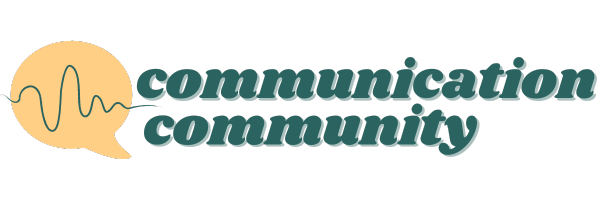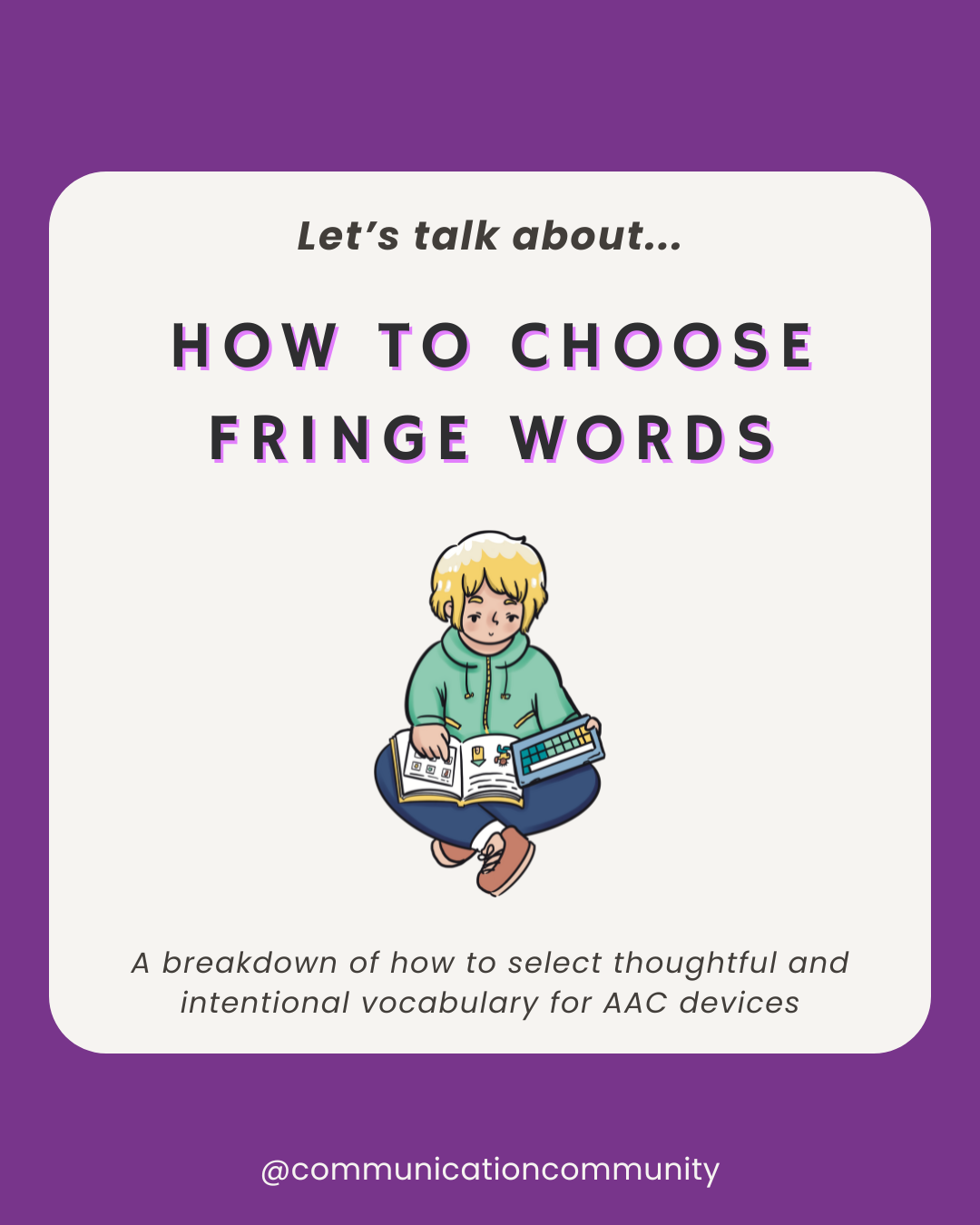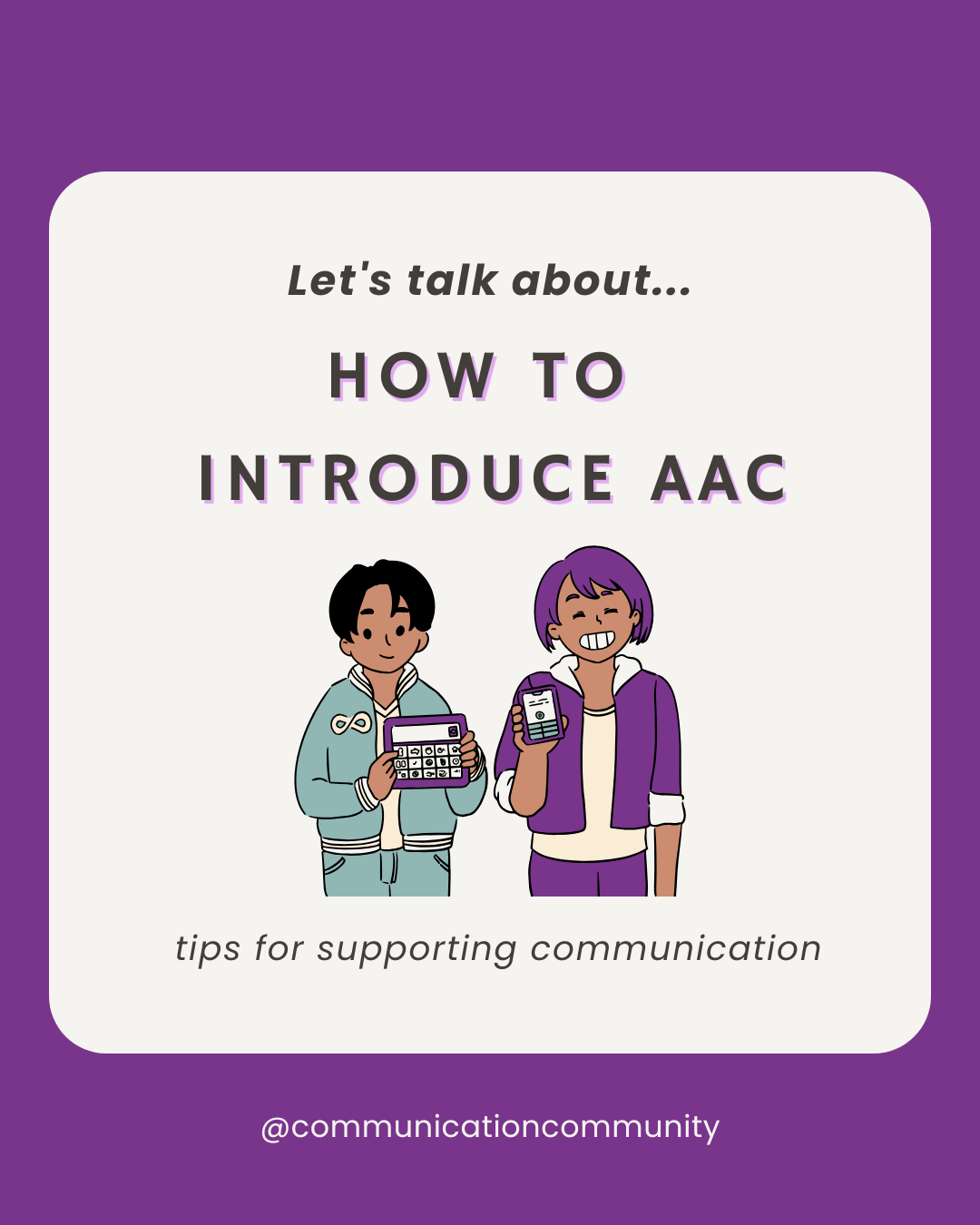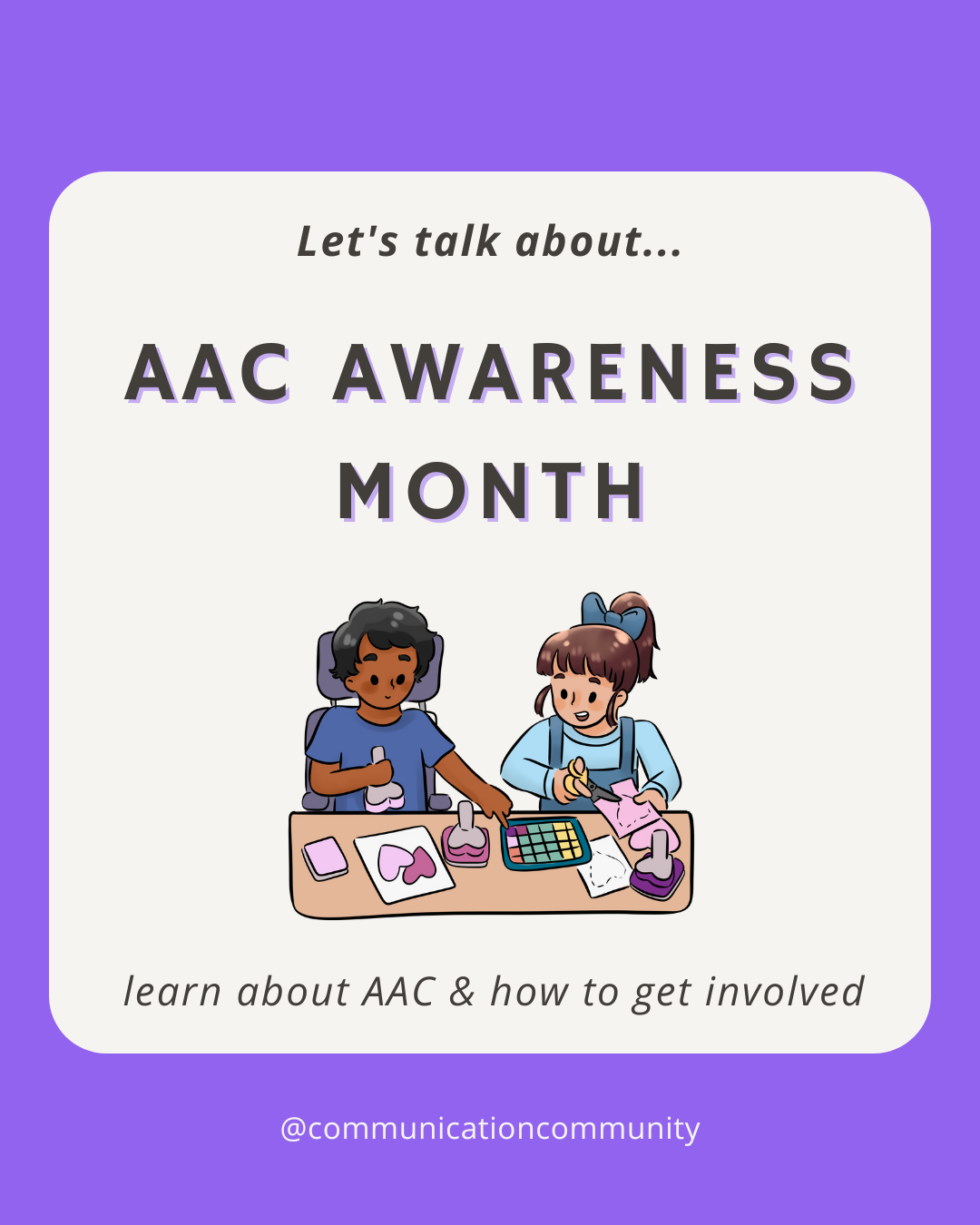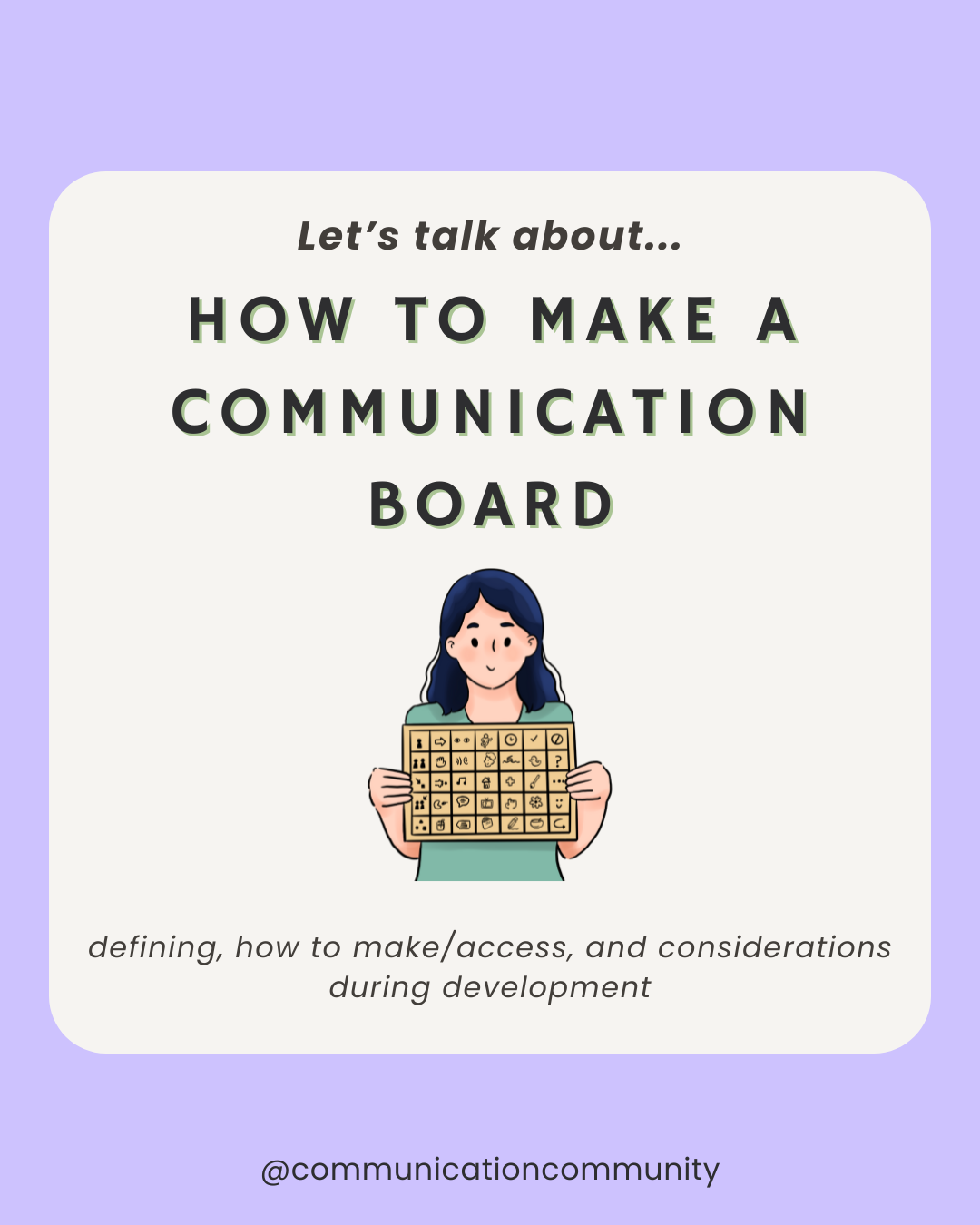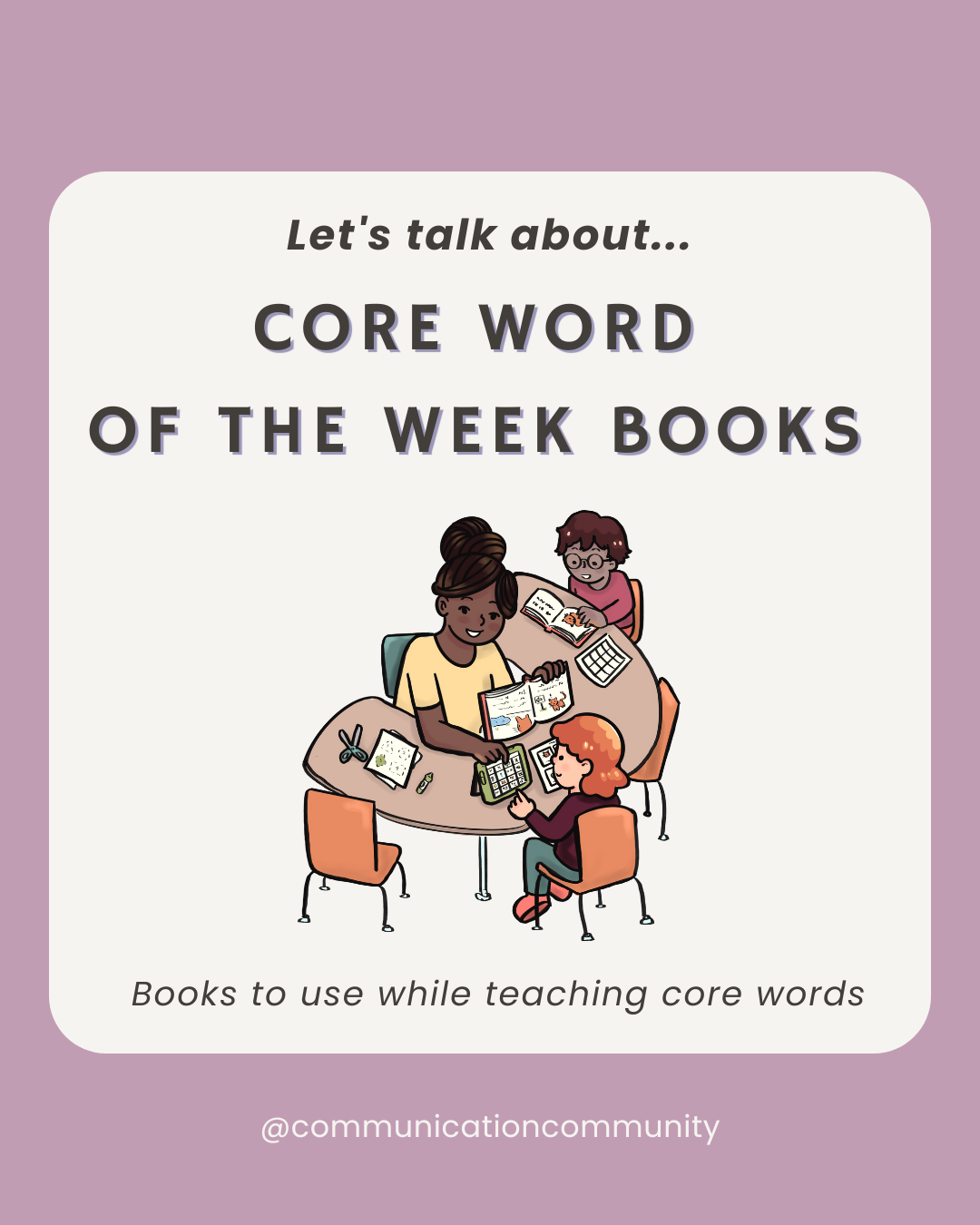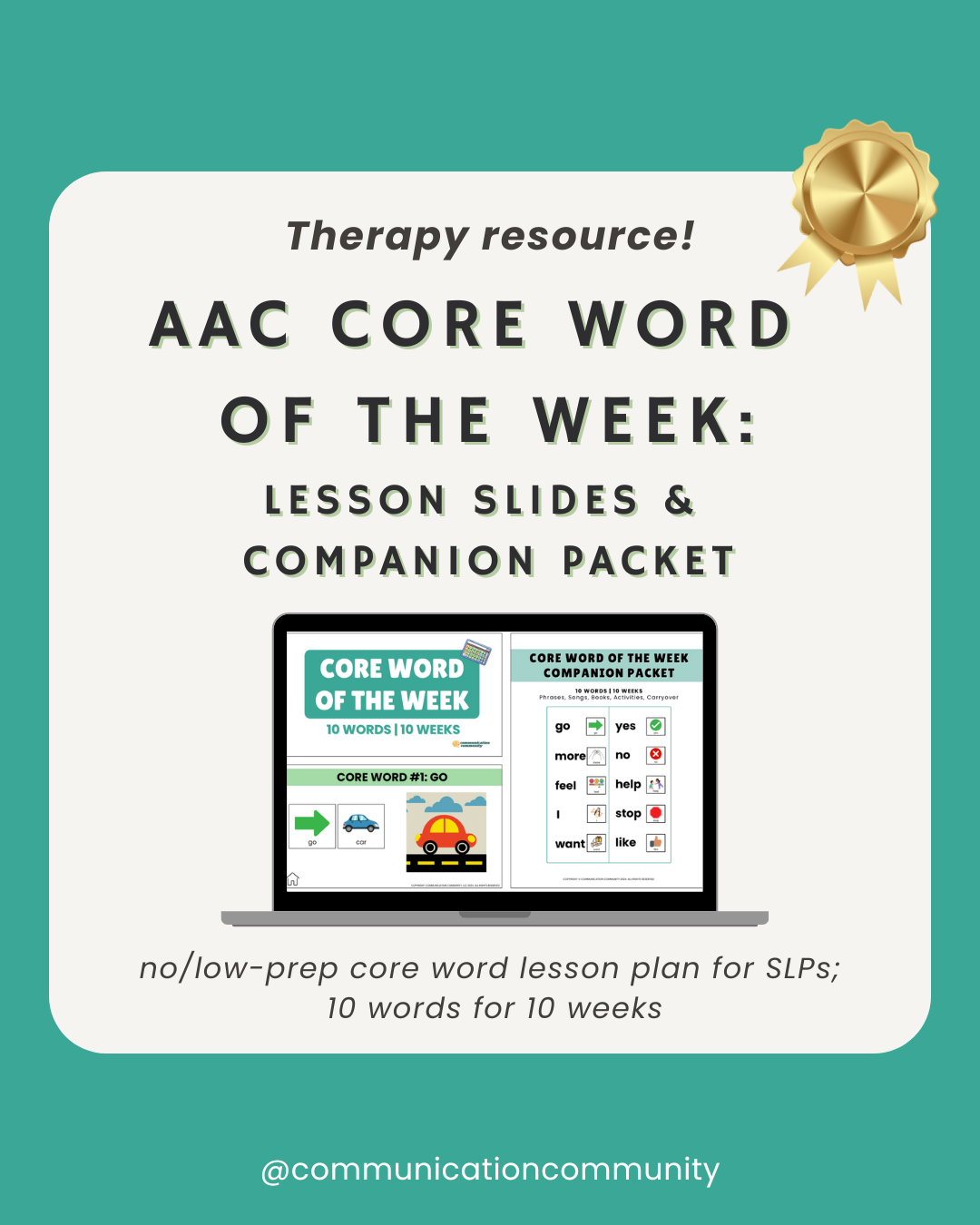Acquire AAC device: check
Explore core and fringe words: check
Device ownership: check
Master operational competencies: check
Add more fringe words: ???
Does this scenario sound familiar to you? If so, you are not alone! Many individuals who support those with AAC devices (parents, caregivers, teachers, SLPs) may wonder what fringe words they should add or use. It may seem daunting, but fear not, we will break it down for you.
In a recent article about selecting vocabulary for AAC devices for individuals who are preliterate (cannot yet read), researchers noted that it is important to consider all high-frequency vocabulary (e.g. words that are used often). This is because in individuals with typical language development, their first words are often high-frequency...and include both core and fringe words. (Core AND fringe words are important!)
Many of these concepts may apply to individuals who are readers and are continuing to develop language as well. For some individuals who use AAC, such as those who have an acquired disorder (e.g., aphasia as a result of a stroke), selecting vocabulary for an AAC device may look different.
They also outline four variables for choosing vocabulary for AAC devices, which are:
(a) contexts/environments where the vocabulary can be used (home, school, community)
(b) time span during which the vocabulary will be relevant (for months, years, or more)
(c) vocabulary that can elicit and maintain interactions with other people (engaging in a conversation)
(d) vocabulary that will facilitate developmentally appropriate grammatical structures (complete phrases or sentences)
Other factors to consider are:
Culture (sayings common in one’s culture, like y’all or wicked [can you tell where we grew up?])
Community (religious considerations, individualized interests or hobbies)
Age-appropriate vocabulary
Academic or professional vocabulary (or vocational vocabulary)
Interests of the user
Often, the SLP selects and programs the vocabulary to add to a device, but it is important to consult with caregivers and related service personnel. If you are an SLP that only sees the individual at school, caregivers at home may have vocabulary suggestions that are related to activities outside of school. If you are a caregiver/related service personnel, your input is warranted.
Additionally, fringe words should contain a variety of word types (e.g. nouns, verbs, descriptors, emotions). It is common to think of predominantly nouns when selecting fringe words, but if you think about all the words a typical communicator uses, it is a lot more than just nouns.



Now that we know how we should think about choosing fringe words, let’s take a look at an example. If you have an individual that is really into football, selecting fringe words to communicate about football would be appropriate. If they could care less about football, but love to do arts and crafts, selecting fringe words about arts and crafts would be appropriate.
Football
The first words I think about when I think about football are:
Football
Field
Quarterback
Team
Coach
Cleats
Uniform
Stadium
Game
But when you think about it, does that convey all the information about football? And do these words meet the variables and considerations mentioned above? Not really...
Thinking about it more, I may select:
Throw
Game
Fast
Play
Team
Bad
Awesome
Boring
Ball
In both of these examples, I named nine fringe words related to football, but in the second example, these words fit the four variables mentioned above, as well as being of interest to the user.



Still Unsure?
If you are still feeling overwhelmed when thinking about selecting fringe words, it may be helpful to brainstorm A LOT of words related to a topic, then narrow down that list to include words that can be used across many environments, are age appropriate, related to the user’s community, and more.
If I am trying to select fringe words for going to a park, I think of:
Park, grass, bench, picnic table, picnic, tree, squirrels, dogs, lake, swing, playground, trash, walk, fun, hot, cold, shade, play, sit, run, green, blue, path, bike, ride, see, clouds, ball, frisbee, game, big, small, tall…
Now, I may look at it again and narrow it down to:
Fun, play, sit, see, ball, bike, big, blue, clouds
In this situation, I may eventually add all of that fringe vocabulary over time, but when starting out, I choose the words that are the most relevant and can be used the most often.

Finally, realize that there is no true right or wrong when selecting fringe words. For some individuals, they may love talking about the bikes at the park, riding their bikes to the park, and reading books about bikes. For some individuals, they communicate about dogs more.
The most important thing to remember is to be intentional about the fringe words that you select so that they are individualized to the individual using the AAC device!
Citations/further resources:
https://pubs.asha.org/doi/10.1044/2019_AJSLP-18-0041
https://praacticalaac.org/praactical/fringe-vocabulary-how-to-select-and-not-neglect/
